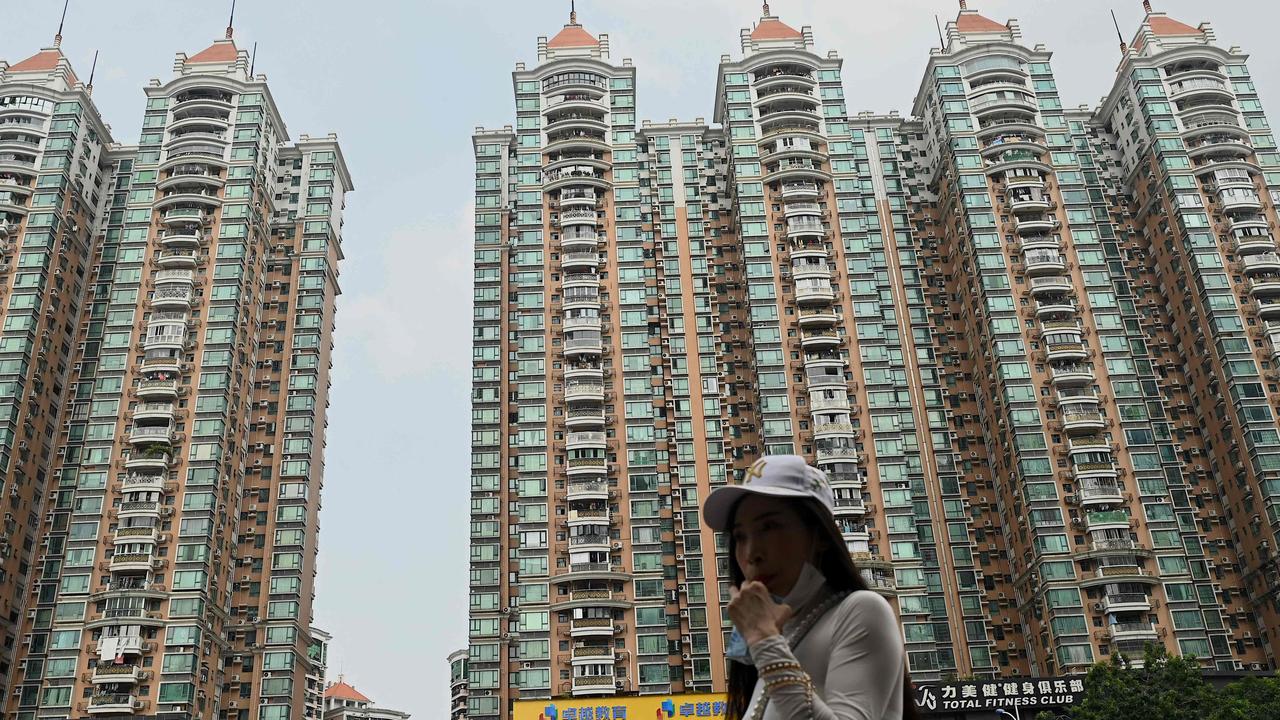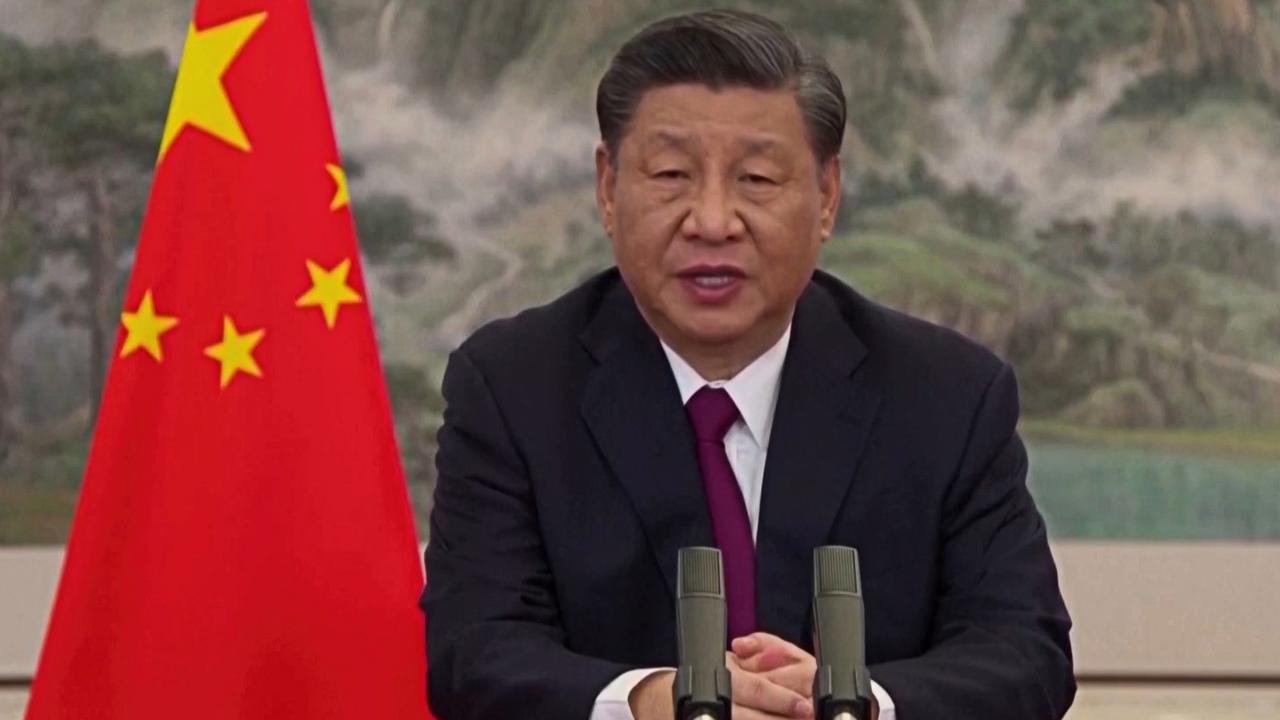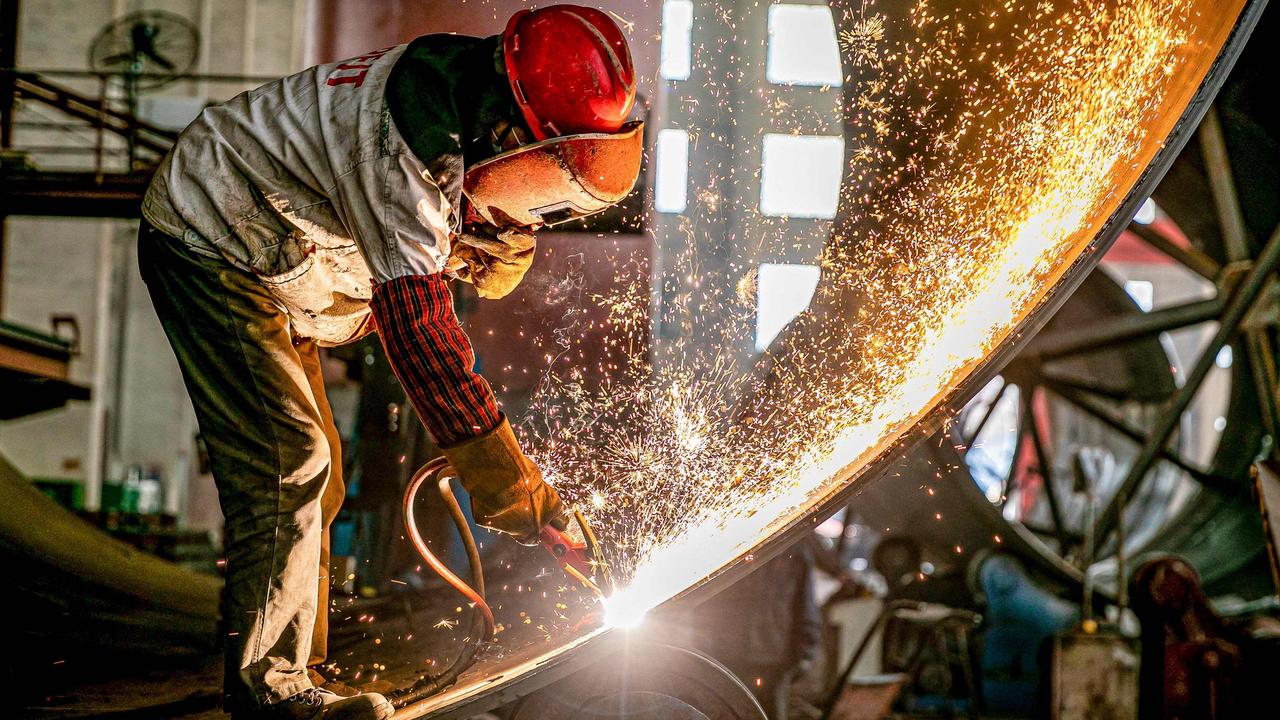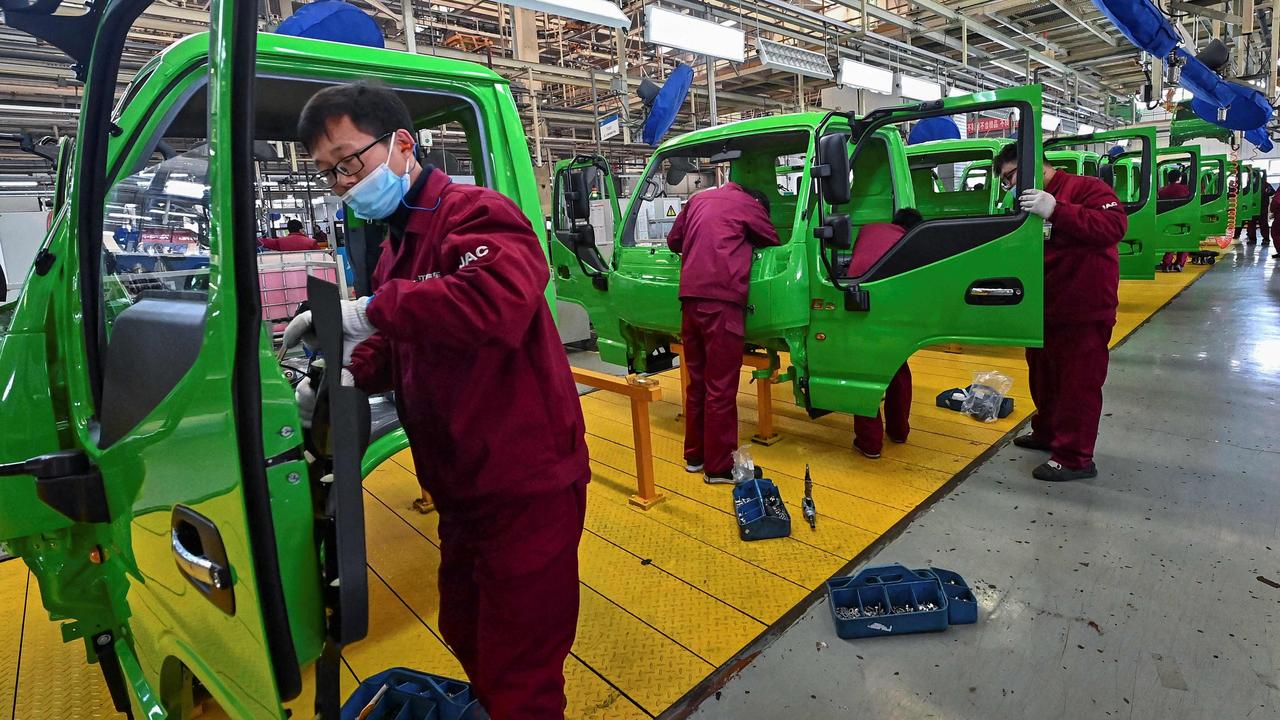Chilling warning as China looks to reduce ‘dependence on democratic world’
A chilling warning has been issued that China is no longer interested in getting “rich” with a new strategy set to impact Australia too.
China has made a shock move – going in the complete opposite direction of other major countries like Australia and the US – as it lowered interest rates amid fears of the brutal impact that its Covid zero strategy is inflicting on its economy.
It was forced to cut its interest rate by 0.2 per cent down to 4.4 per cent for first homebuyers in an attempt to stem a collapse in mortgage lending, which reached its lowest level in four years, despite its real estate market helping to prop up much of its economy.
The sale of new homes dropped to 39 per cent in April, while sales by value dropped a whopping 46.6 per cent.
Meanwhile, the US Federal Reserve lifted its interest rate by the biggest increase in 22 years, up by half a percentage point earlier this month to a range of 0.75 per cent to 1 per cent, while Australians also experienced their first rate hike in 11 years in May.

China’s retail sales also plunged 11.1 per cent in April as a result of Shanghai and 40 other cities being sent into lockdowns to try and contain Covid outbreaks, while manufacturers struggled to resume normal operations resulting in production dropping by 2.9 per cent.
Experts are now questioning whether China can reach its annual growth forecast as Chinese President Xi Jinping appears to chase Covid zero at any cost, with some warning that it will never bounce back to pre-pandemic levels.
This could have a sobering impact on key Australian exports, including iron ore which raked in $149 billion for the economy last year.

Michael Shoebridge, director of defence, strategy and national security at the Australian Strategic Policy Institute, said the April economic data released by the Chinese government showed a marked domestic slowdown, including in production which will affect exports.
“This economic trouble will persist while Xi Jinping maintains his Covid Zero strategy, which seems very likely to be at least until sometime after November, when he plans to get a term extension as Chinese Communist Party (CCP) leader rubber stamped,” he told news.com.au.
“Even after this, China’s economy is on a very different track to five years ago. Beijing’s priority now isn’t to get rich and grow global markets, it’s to close China more and more to what the CCP sees as dangerous foreign influence, double down on Party control and reduce China’s dependence on the democratic world.
“All that adds up to a China growing less than the optimistic government target of 5.5 per cent this year and beyond.”

ANZ has forecast China’s economy to grow by 5 per cent this year but has cut its predictions in 2023 down to 4.2 per cent from 5.1 per cent, amid concerns about how Mr Xi will behave when it comes to stimulus once he is reinstated as president for a third term.
“We are pessimistic about China’s medium-term outlook. The authorities are expected to unwind their supportive measures next year. This coincides with an uncertain global outlook with US growth likely to retreat,” ANZ’s Greater China chief economist Raymond Yeung told Bloomberg.

Mr Yeung also warned that while China was competitive when it came to manufacturing, “many multinational companies will likely reassess the level of operational risk in China” given Mr Xi’s concerns about foreign interference.
“Access to foreign technology and business know-how will become increasingly difficult,” he added.
World events were also causing upheaval and it was a warning for Australia, added Mr Shoebridge.
“Putin’s war, Covid and Xi’s closing of China add up to a low growth world,” he said. “Australian trade diversification to partners we can trust makes more and more sense.”






